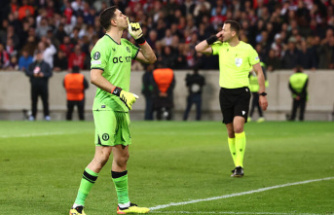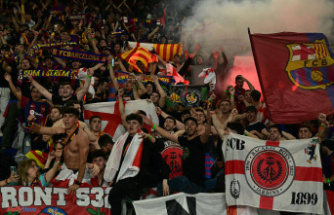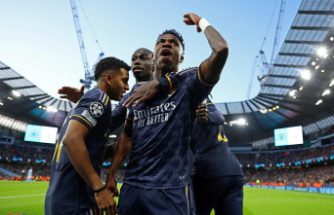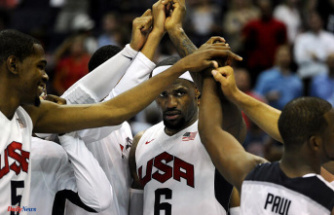Sign up for one of our email newsletters.
Updated 7 hours ago
BRADENTON, Fla. — After his closed-door meeting this morning with all the players on the Pirates' 40-man roster, MLBPA union chief Tony Clark took questions from reporters for about 15 minutes. Some highlights:
Is the union monitoring Jung Ho Kang DUI case in South Korea?
“It's a constant level of engagement. International challenges make it a little more difficult to track everything that's going on. He is a member of our association and, as such, he has rights and processes that are part of the conversation and the investigation and the backdrop of whatever all the issues may be. So, we're going to stay engaged. It is our duty to support guys as they go through challenges, on or off the field, particularly when they are connected to a negotiated protocol or program that is in place. This is no different. As with every player, sure, we engage MLB. We work through the due process. That's no different here.”
This is Kang's third DUI case, but his first since joining the Pirates. Will that factor in whatever punishment, if any, he gets from the team and/or MLB?
“We'll have to see. Appreciating an individual's past along with the circumstances that are in the present, may or may not lend itself to an end-game discussion with respect to discipline or lack thereof. I won't sit here and tell you that what someone does in the past is insignificant. But how it manifests itself moving forward against what may have just happened is always going to be a topic of conversation.
Are most players opposed to a pitch clock?
“That has been the case. There are sensitivities with respect to anything that is counting down or counting up in the outfield, because it hadn't historically been a part of the game. The conversation that lent itself to the between-inning breaks, what we got back was, ‘Not a big fan of a clock or a timer on the field somewhere.' But the reference point may actually have value between innings, meaning you don't know when the commercial is coming back or really how to pace yourself so that when the lights do come back and everyone is on I'm ready to go and I've got my eight warmup pitches in and now I'm sitting and waiting. That's not in anyone's best interest either. We ended up getting to common ground there because the reference point had some value for the guys. The between-pitch element, obviously we engaged our major league guys and even engaged guys Onwin in the minor leagues that may have experienced it on some levels. Sometimes it's a 40-man guy or somebody down on rehab, and other times it may be a non-40-man guy, and we ask questions of those guys too. The feedback we get is how we land where we land at this point. That's a tough one for us to appreciate particularly once you get to the big league level and all the things that are on the line and are part of the big league conversation. That may not be a huge part of the conversation in the minor leagues. No, guys have been pretty uniform in their commentary related to that one issue.”
Does the pace of the game need to be sped up?
“I think there are a lot of moving pieces that are a part of the conversation. I think most can appreciate trying to find little tweaks and adjustments that may save some time. Guys have been willing to have that conversation, and we have had that conversation. But you're also speaking to a group that from the time they were knee-high to a table committed themselves to the game. There's a love and a passion and a history that is involved in the conversation that suggests, ‘I want to play the same game my heroes played,' while understanding we're in a different climate and at a different time. You're wanting to make sure you maintain that as much as possible. A lot of our guys have been connected to the game so long that they are very sensitive to significant changes.”
Other notes
Many readers have asked why the Pirates did not compromise with the McKechnie family when renaming the Ballpark Formerly Known as McKenchnie Field (BFKMF) … perhaps, McKechnie Field at LECOM Park? “Why not use a dual name? That would have been fine with me,” said Carol Montgomery, who is Bill McKechnie's last surviving child. “They could even have put the (LECOM) part first, if they wanted.” Then again, think back to when some folks suggested the name “Clemente Field at PNC Park.” Remember how well that went over?
Schedule
It's the final day at Pirate City before camp moves to BFKMF. Short workout schedule, too, so everyone can get out to the Pirates Charities golf tournament.
Rob Biertempfel is a Tribune-Review staff writer. Reach him at rbiertempfel@tribweb.com or via Twitter @BiertempfelTrib.
Our editors found this article on this site using Google and regenerated it for our readers.












